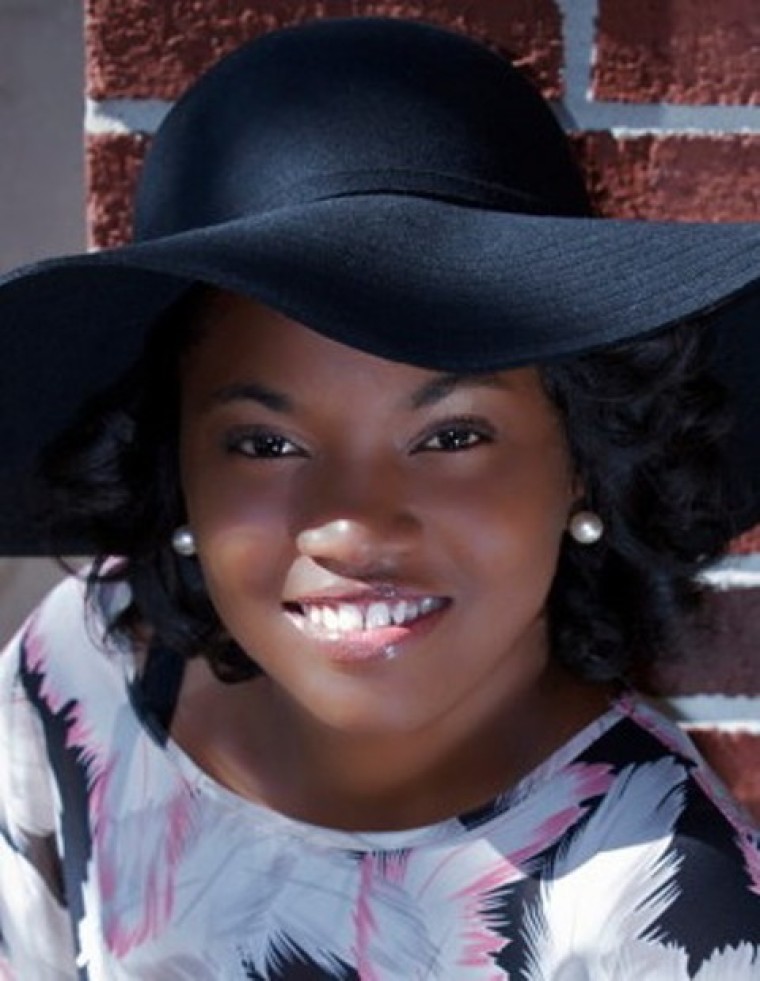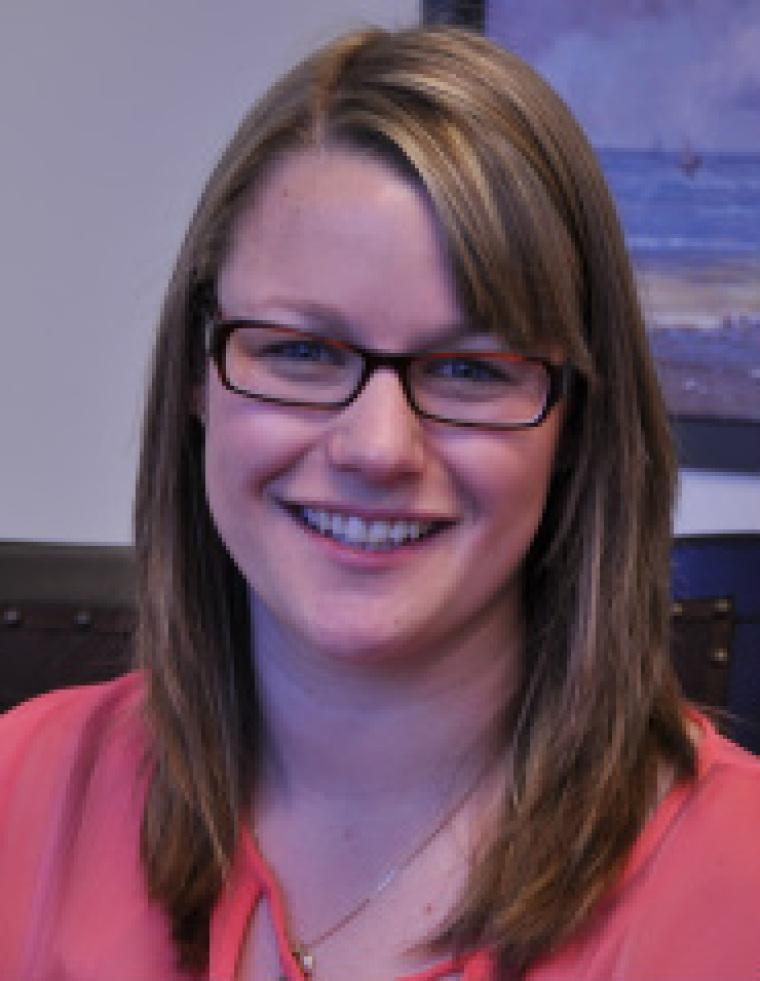

In preparing for an upcoming youth conference, I have had many discussions, watched many videos and listened to many sermons, and have arrived at the same conclusion as many others in my circle of friends: in every sphere of life the culture is rapidly changing and just having a different opinion from the majority labels you as judgemental, backward or even hateful.
The result of this is that Christians often fall into one of three categories - locked away in their Christian circles as if afraid to get tainted by the world, become an overwhelming "in your face Christian", or become the Christian that blends in so much in an effort not to offend.
There are many who have championed the combining of the sacred and the secular. Some even say that there is no such thing as secular. Others believe that they should stay separate, and that mixing them would only cause a watering down of the gospel.
I am part of a group called God Centered, which strongly believes however that Christians are called to engage the culture. By this we mean "we are to embrace the strangeness of our identity as the people of God rather than conform; we are to move forward boldly as salt and light wisely and with humility." Hip Hop artist Lecrae puts it this way: we are to "love, rehabilitate then change the culture around us".
But where did all this separation come from? Some believe that this happened when Constantine made Christianity the religion of the Roman Empire, and as persecution ended for the believers they could all now stay in one place and develop themselves in business and politics. This then affected the role of the spiritual leader. Being a priest or a pastor now became a job option. The position of clergy became an elevated super spiritual job. So people began to look at their jobs as not spiritual. They worked during the week and left the spiritual for Sunday.
The issue with this was that the gospel no longer applied to the rest of their lives. It got compartmentalized. So now the culture strives to keep politics, the arts, science, business and families away from anything sacred and many believers flounder around how to respond to the continued rift of sacred and secular.
"Life is a mess. And theology must be lived out in the midst of that mess." So said Charles W. Colson, who founded Prison Fellowship in 1976. Today it is America's largest outreach to prisoners, ex-prisoners and their families. Colson was once a prisoner, but before that he was Special Counsel to President Nixon, and went to prison for obstruction of justice in the infamous Watergate scandal that brought down Nixon. Colson became a Christian before going to prison, and while there he saw firsthand the awful conditions brought about by the country's "Lock 'em and leave 'em" policy. He dedicated his life after prison to rehabilitating prisoners through faith-based programs. In other words, he changed the culture around him.
So did others before him. Evangelical Christian William Wilberforce spent much of his life fighting against slavery, even though it was part of the culture of his country, England. Baptist minister Martin Luther King Jr. gave his life to the fight against segregation, even though it was entrenched in the law of his land.

Charles Colson once wrote: "Christians who understand biblical truth and have the courage to live it out can indeed redeem a culture, or even create one". But how does one do that? By understanding that everyone is called to make disciples in every area they are in. Every job is sacred and carries with it a responsibility to impact everyone within that sphere of influence.
This is the challenge facing all of us in the new millennium.
Stacy-Ann Smith -volunteers at YWAM Indonesia and is a child therapist. She is involved with children's ministry and working girls has a heart to teach them the ways of the Lord. She serves as a board member of the Kingston and St. Andrew Foster Parent's Association
Stacy-Ann Smith's previous articles may be viewed at http://www.pressserviceinternational.org/stacy-ann-smith.html